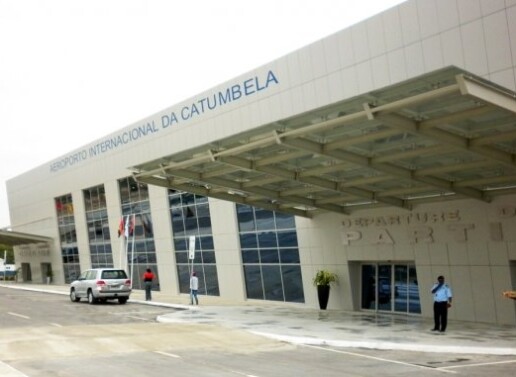The International Air Transport Association (IATA) expressed regret today that certain countries, including Angola, Mozambique, Guinea-Bissau, and Equatorial Guinea, are preventing the repatriation of airline revenues, amounting to a total of €1.6 billion globally.
According to international regulations applicable to the civil aviation sector, government authorization is required for an airline that has sold tickets in a country to convert the funds into foreign currency and recover the amounts.
However, according to a statement issued in late October by the International Air Transport Association (IATA), which has 340 members representing more than 80% of global air traffic, “about one billion dollars belonging to airlines are held in African countries.”
IATA reports that $235 million (€222 million) are blocked in the Central African CFA franc zone (Cameroon, Congo, Gabon, Equatorial Guinea, Central African Republic, and Chad), and $73 million in the West African CFA franc zone (Benin, Burkina Faso, Ivory Coast, Guinea-Bissau, Mali, Niger, Senegal, and Togo).
The amounts “are increasing,” according to IATA.
These funds total $193 million in Algeria, $127 million (€120 million) in Mozambique, $80 million (€75.67 million) in Angola, and $75 million in Eritrea.
Pakistan remains the country with the largest sums retained, at $311 million, although this amount has decreased by $100 million since April.
The total amount has slightly decreased since the end of April, when it stood at $1.8 billion (€1.7 billion), according to the Association’s data.
While acknowledging “significant” improvements in Pakistan, as well as in Bangladesh, Algeria, and Ethiopia, IATA Director General Willie Walsh criticized an “unacceptable cat-and-mouse game” by the countries in question.
“Governments must remove all barriers to enable airlines to repatriate their ticket revenues (…) in accordance with international agreements and treaties,” he stated, as quoted in a press release.
Otherwise, “airlines cannot be expected to continue their operations” in the affected countries, and he warned: “their economies will suffer if they lose air connectivity” with the rest of the world.
Lusa, 12/09/2024







